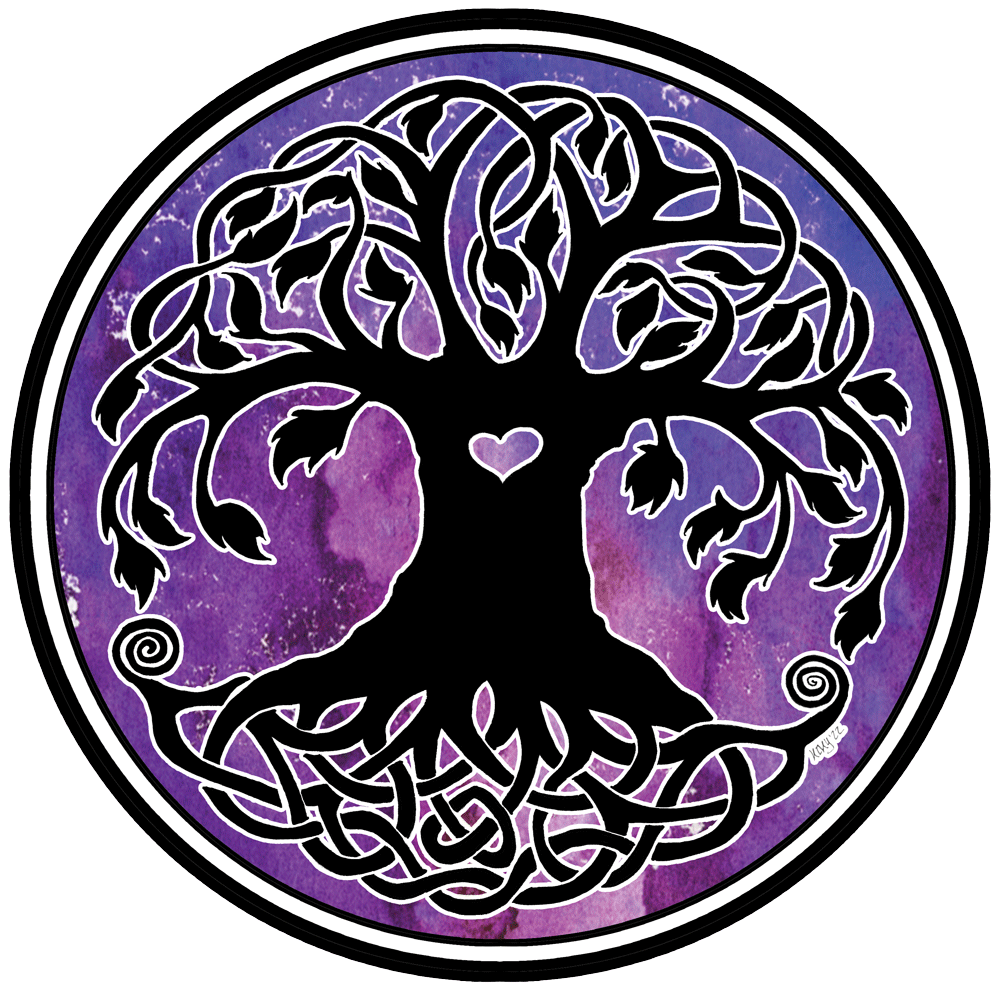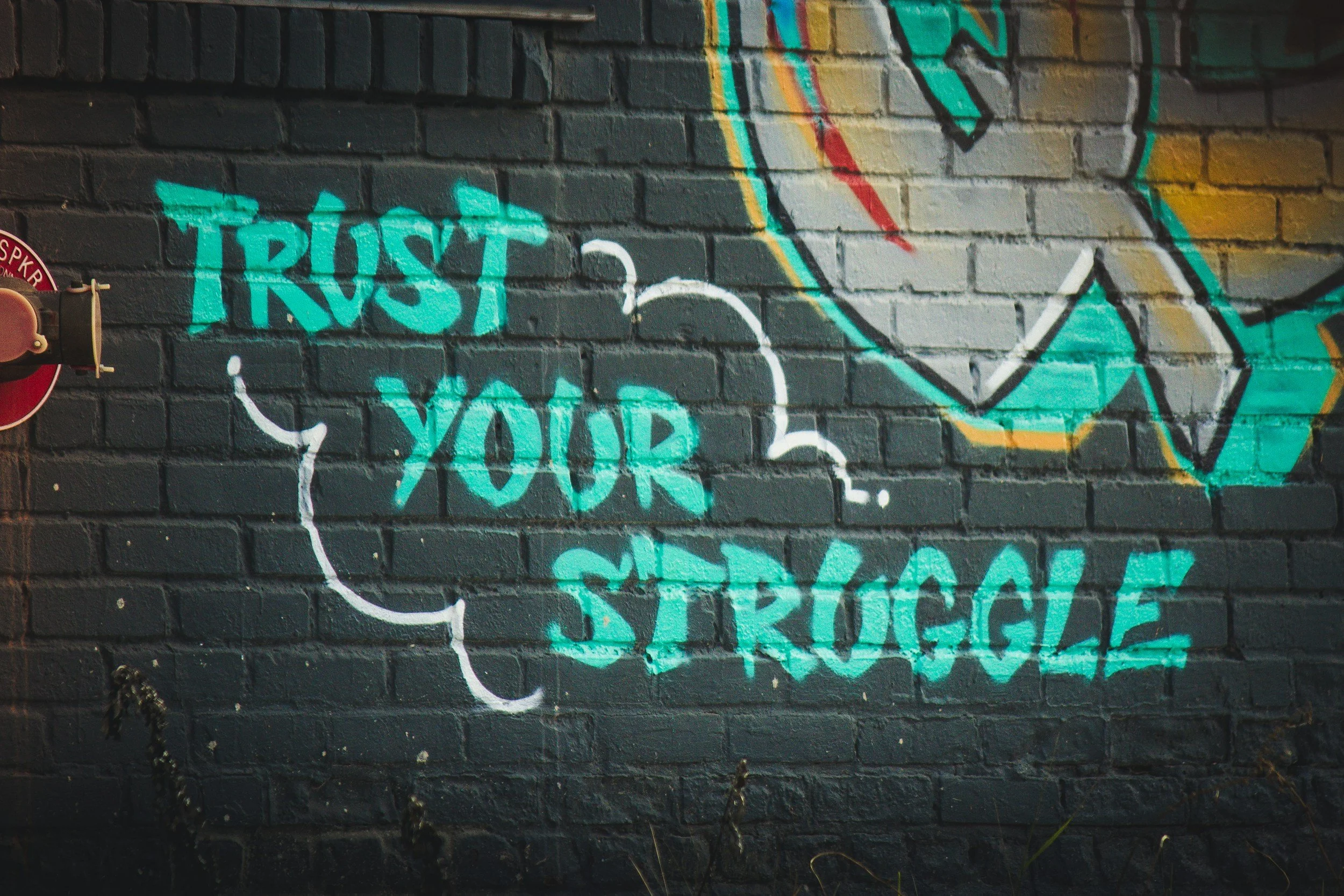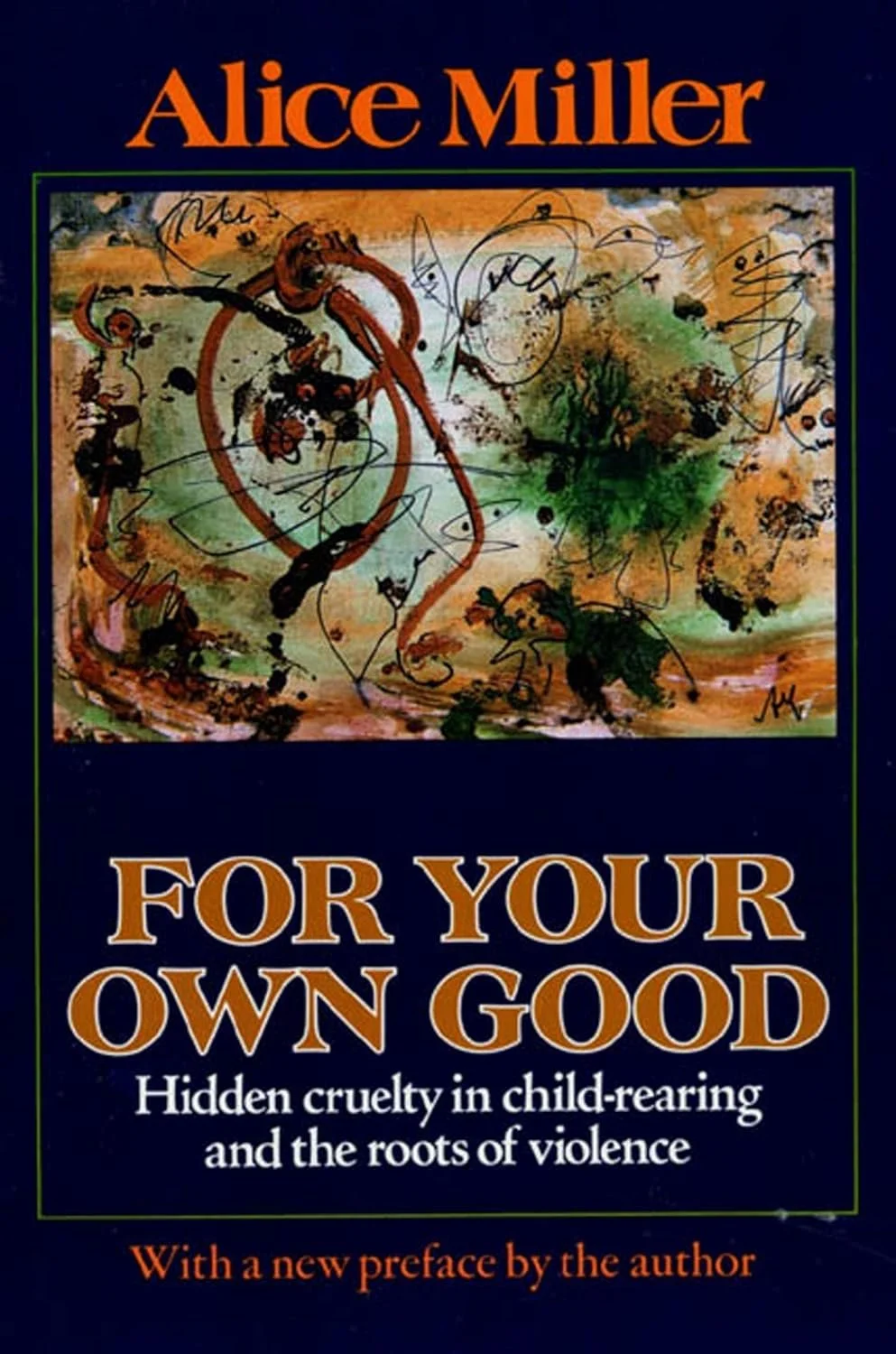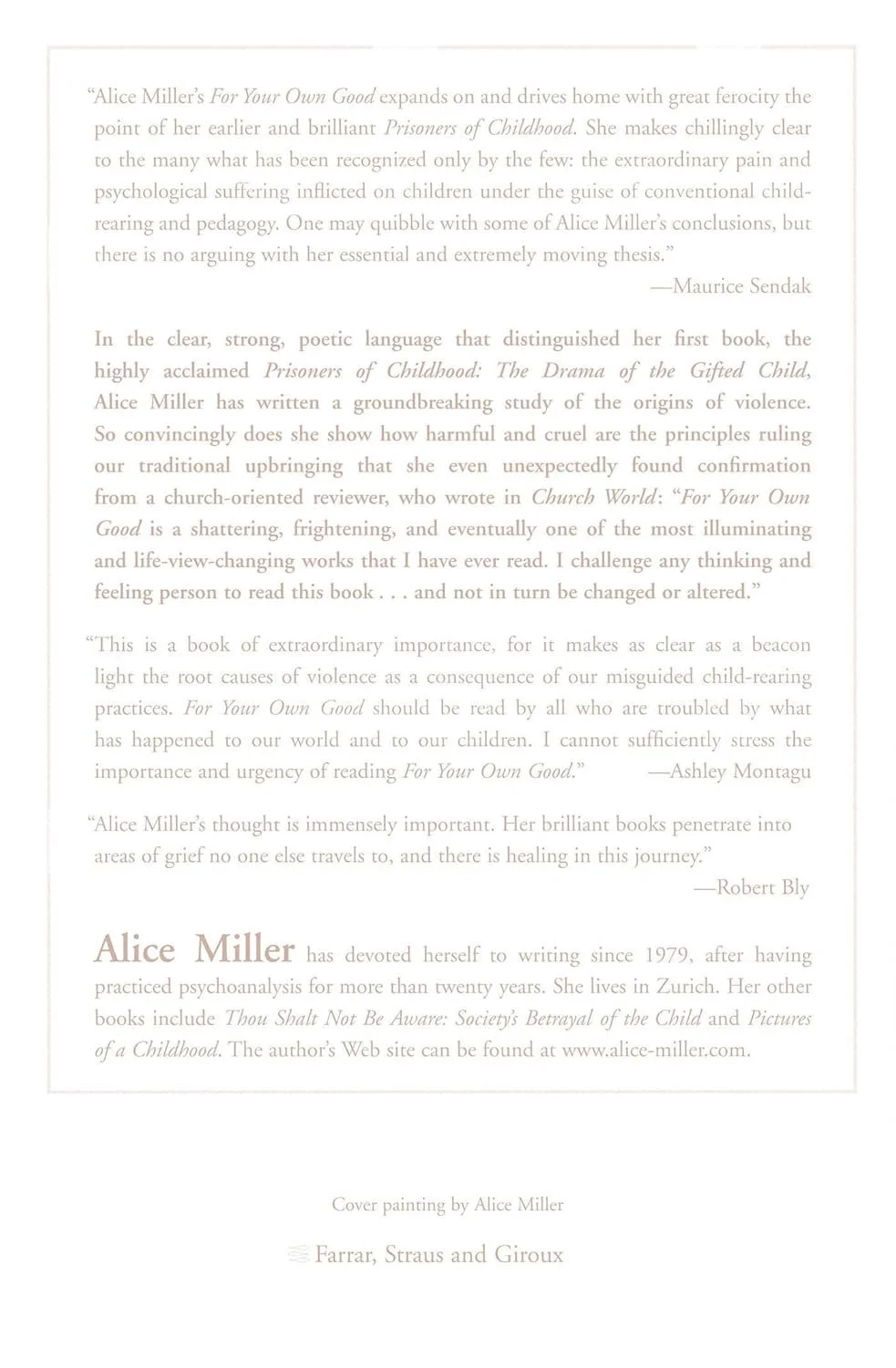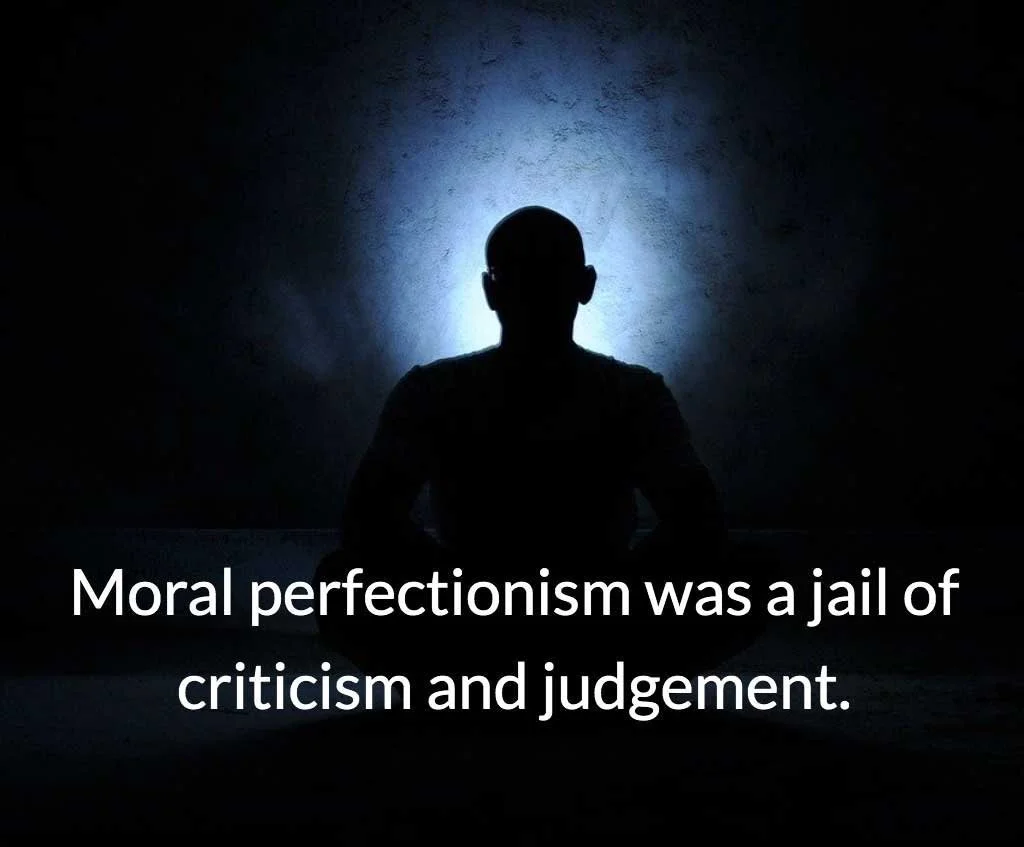29. Autonomy vs. Shame + Doubt
Developing into healthy adult emotional maturity means learning appropriate self control without losing spontaneity, confidence and joy in our own unique expressions of soul sovereignty in the world.
Adult autonomy means trusting in our natural sense of timing for action, work, rest and play.
Physical, emotional, mental and verbal abuse are also an abuse of authority and impact the child’s ability to believe in their right to act. Age inappropriate responsibility, neglect, abandonment and excessive criticism thwart the growing sense of autonomy to form into a healthy, balanced, functioning self. A child who was unable to see abuse and adult shortcomings, internalizes the abuse as their own fault. The child believes that they not only caused the harm to happen to them, they also believe they deserve it.
Alice Miller coined the term ‘poisonous pedagogy’ for the structure of abusive authority that thwarts our journey to independence and take us out of the eternal now through judgement and shame.
Poisonous pedagogy:
Adults are masters of dependent child.
Adults determine in a godlike manner what is right and wrong.
Child is held responsible for parents’ anger, feelings and actions.
Parents must always be shielded.
Child’s life-affirming feelings are a threat to the autocratic adult.
Child’s will must be broken as soon as possible.
This must happen at an early age so the child will not notice and not expose the adult.
Children who grow up in authoritarian homes tend to repeat the same poisonous pedagogy on their own children without realizing what they’re doing.
None of the responses to authoritarian abuse leads to a strong, autonomous person hood. All responses require a continued state of punishment as we deny ourselves to protect ourselves.
The child was unable to stand on their own ground and create boundaries protecting them from parental tyranny, so we developed these responses as a way to assert power. The feeling of powerless is incompatible with life and the child will find ways to express power, even when it hurts themselves.
The child’s identity and autonomy as a result, is developed around those outside us. We comply, people please, withdraw or sabotage as a way to assert sovereignty. These actions are not inner directed, they are not autonomous and nurturing. Personal power and self-worth are connected to our ability to act in the world. We equate the dominance and authoritarianism of a parent, not as the unhealed, immature actions of the parent, but as the ineffective and inadequate abilities of ourselves as children to be autonomous in the world.
A child never sees their pain as the fault of their caregiver. A child’s abuse is always internalized as their own fault and their due because of their own failings as a child.
This is not from us, but a belief handed down for generations for hundreds, if not thousands of years. A parent cannot autocratically raise a child to embrace their own power and autonomy.
Only a parent who is in touch with their own self worth and integrity can deliver the authentic message of capable autonomous identity to their child.
If this shame and doubt in the integrity of source of self is not gently dismantled, we will never fulfill our ability to act and be in our Soul Sovereignty, and effect changes in our world that bring our realities in line with our highest vision and desire for life.
The Practice
-
We don’t heal shame directly. We dissolve shame by slowly and gently building our ground and supporting the expression of our power in the world.
To begin, we need to get in touch with whether we are in a state of excess energy or lack of energy. Are we holding in and holding back or are we discharging energy willy-nilly all over the place?
be a witness to your energy throughout the next week
determine whether discharge or build up required (or both at different times).
watch and make note of your energy responses to situations, events, activities
a partner to energy is emotional states:
monitor peace, joy, fun and ‘aliveness’
where these feelings boosted and where are they depleted
can you see what is causing the boost or depletion to your energies?
-
Reflect and record your typical energy state throughout the week. Are you:
active?
lethargic?
do some activities or situations trigger a response?
what is it?
what happens?
how are you at making and completing plans
doing what set out to do?
how are you at taking time to rest and be quiet?
-
This may be more difficult to discern - but patterns may become apparent with self-reflection.
What is your habitual response to authority?
Comply
Rebel
Withdraw
Manipulate
Does one stand out as the clear habit?
Do you use different responses in different situations?
what are those situations?
How does your habitual response feel?
How do you wish you could respond?
Spend some time visualizing a new response to authority
be aware of your body and the feelings you have as you are visualizing new responses
